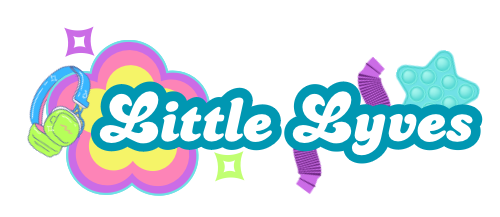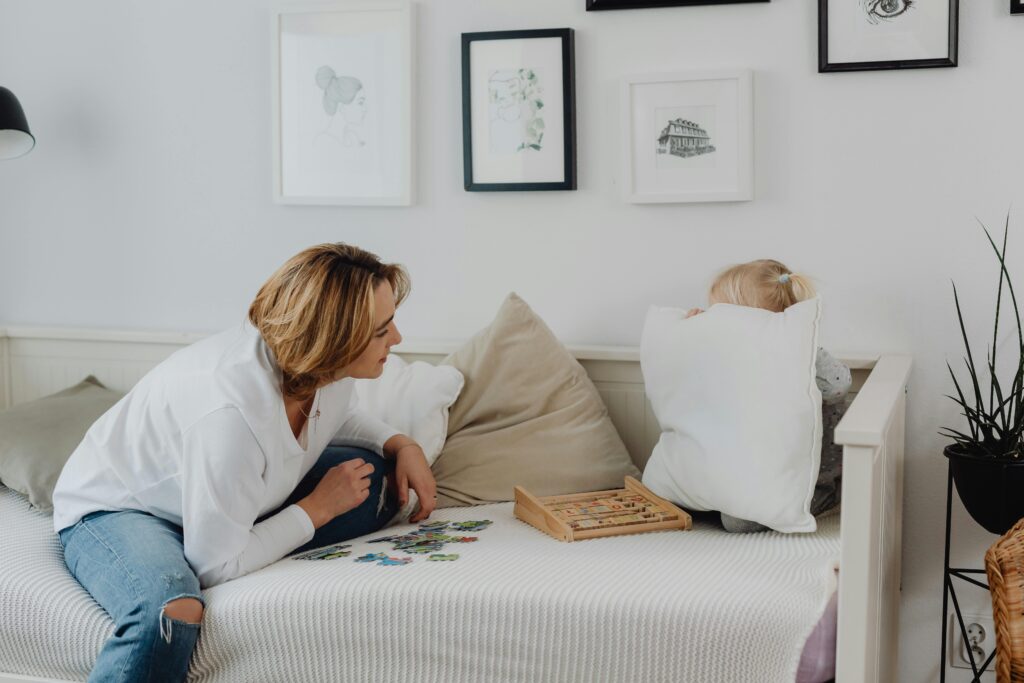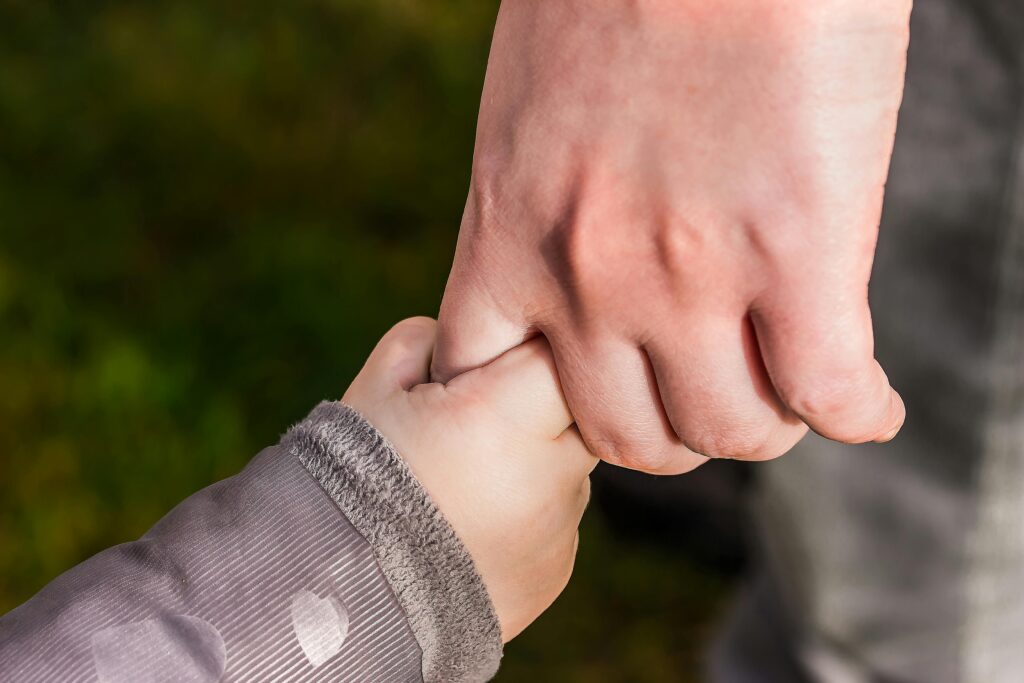Hey, it’s Brie, from Little Lyves. Today, I want to open up about something real that happened - because let’s be honest, parenting doesn’t always go the way we plan, especially when we’re dealing with our own sensory overwhelm.
Today, I was impatient with my 3-year-old. I was short with her, hurried her along, and let my frustration show. I could feel the tension rising inside me, and instead of slowing down, I rushed her. As someone with SPD (Sensory Processing Differences) and ADHD, I know this feeling all too well. The sounds, the energy, the constant movement, the time ticking reminding me I’m late for where we’re supposed to be - it’s like sensory overload crashing in, wave after wave. And sometimes, I don’t handle it as well as I’d like.
The Guilt After Overwhelm
If you’ve ever been there, you know how horrible it feels afterward. The guilt sets in, and I start thinking about how I wish I had more patience, more understanding and kindness, how I wish I could have handled things differently. But here’s the thing: we’re learning too. We’re not always going to get it right every time, but instead of dwelling on it, I’m focusing on how I can self-regulate in the future, so I can respond with more calm and connection next time.
What I Can Do Next Time
So, here’s my plan for when the overwhelm creeps in again; and it will, because sensory overload doesn’t just disappear. But we can be prepared.
- Take a Sensory Break: When I feel the overwhelm rising, I’m going to take a break—even if it’s just a few minutes. Stepping outside, focusing on a calming tool like my noise-canceling headphones, or even using a sensory necklace myself could help me re-center before things get too intense.
- Breathe Before Reacting: It sounds simple, but sometimes I forget to just take a deep breath. Slowing down and breathing gives me the space to respond with calm instead of frustration.
- Create a Calm Corner for Me: My daughter has her calm corner, but I need one too. Whether it’s a physical space in our home or a mental “corner” I can retreat to when things feel too chaotic, I want to have that designated space to self-regulate.
- Communicate My Needs: I’m going to work on being more open about what I need in the moment—whether that’s asking my partner for support or letting my daughter know I need a few quiet minutes before we can continue.
- Repair & Reconnect: I’ll make sure to reconnect with my little one afterward, acknowledging that I wasn’t my best self, but that I’m working on it. This shows her that it’s okay to have tough moments, as long as we come back together with love.
It’s a Learning Process
I know I’m not going to get it perfect every time, but I also know that taking care of myself is key to being the patient, present mom I want to be. SPD and ADHD are part of who I am, but they don’t have to define how I parent. With the right tools and some self-compassion, I can find my way through the tough days.
If you’ve had a day like this, just know—you’re not alone. We’re all learning together, and it’s okay to have moments where we struggle. What matters most is how we move forward.
With love and understanding,
Brie


